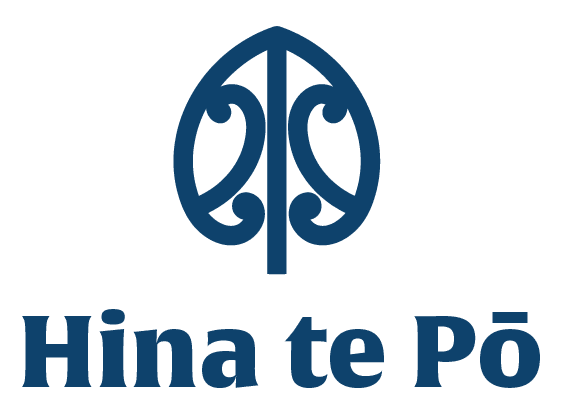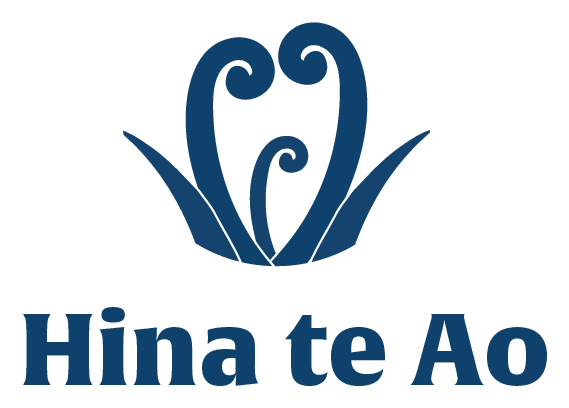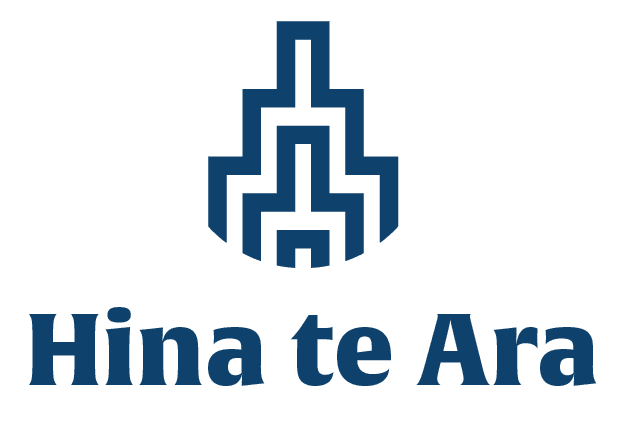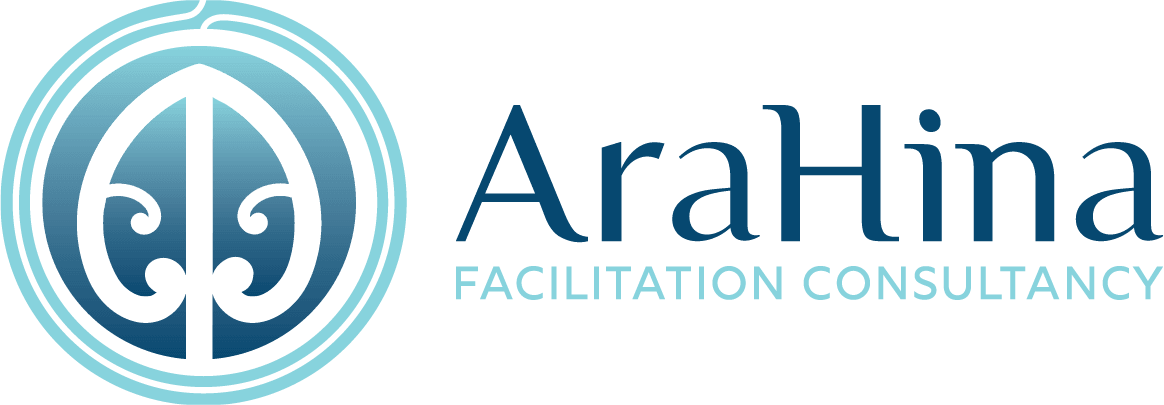Contact
Need strategic facilitation support?
If you’d like to explore how AraHina can help your roopu design a clear strategy, align your vision, and move forward with confidence, we'd love to hear from you! Feel free to get in contact below.
E: kiaora@arahina.co.nz
P: 027 467-7633
Interested in our services ?
Check what one might be best for you
How it works

Choose a strategic planning pathway that best fits your needs
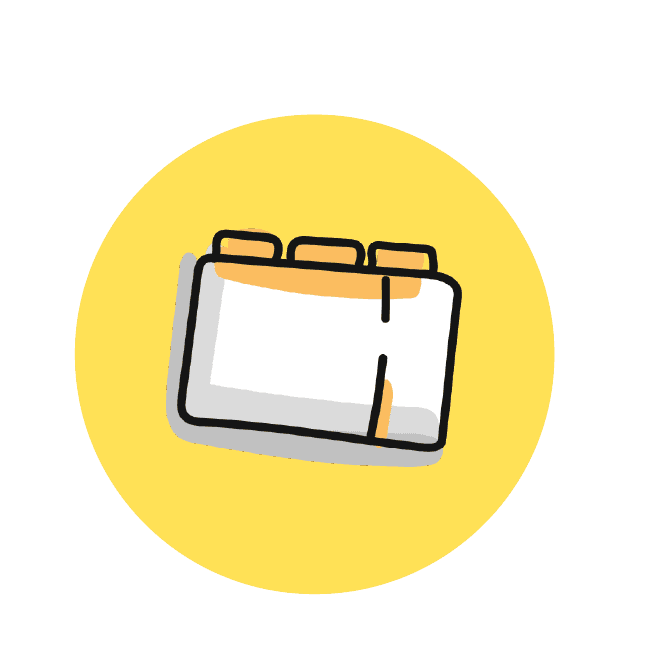
Have a look at our calendar to see if your preferred workshop time is available
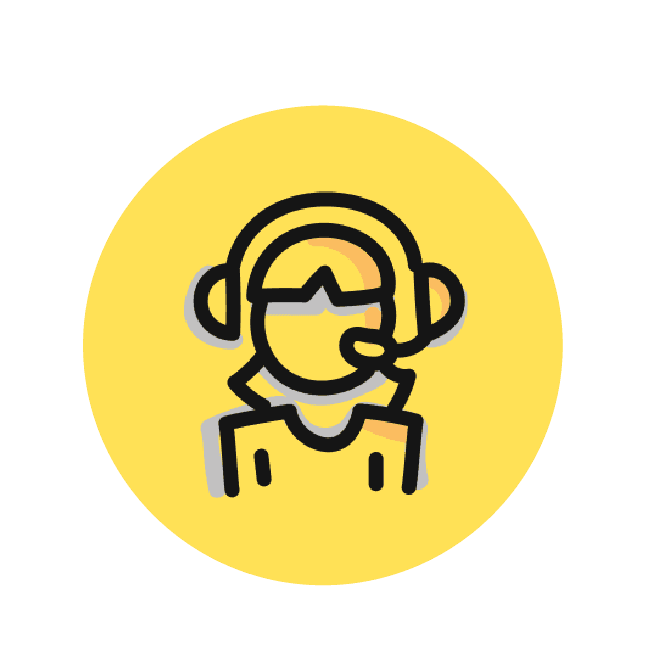
Tell us a bit about your organisation and what you’re hoping to achieve

Lock in a time to connect with us so we can explore your strategic goals and next steps together
Katerina Kupenga
E: kiaora@arahina.co.nz
P: 027 467-7633
Dannevirke
Tāmaki nui-a-Rua
Aotearoa, New Zealand
Alternatively, complete this simple form to start your enquiry
FAQ
Booking AraHina
What our pricing reflects?
What you are investing in, isn’t just a wānanga or workshop. It’s a process of care, design, and transformation.
Most of the work we do isn’t visible in the room. It happens well before we gather, with many hours spent listening, meeting, researching, designing, and thinking about how to hold your kaupapa with care.
Every wānanga we design carries years of experience - refining the process, honouring tikanga and kawa, navigating power dynamics, and weaving te ao Māori with western methods in a way that removes the corporate jargon and makes strategy simple, clear, and relatable for communities.
We often work alongside communities who are navigating very real challenges - and those challenges often surface in the room.
Even though we are not trained mediators or counsellors, we still hold a container for the mamae/hurt that rises. Our role is to treat it with care, acknowledge it with respect, and help the group find a way through so that together we can plan for the future.
Some of the mamae/challenges that surface include:
🌿 Strained relationships between boards and governance
🌿 Generational harm caused by colonisation
🌿 Tensions between fifth-generation landowners, tangata whenua, and the whenua surrounding them
🌿 Differing visions for the future and what tino rangatiratanga looks like in practice
🌿 Fatigue, mistrust, or past experiences of not being heard
🌿 Clash of worldviews with bicultural organisations trying their best to honour Te Tiriti o Waitangi
🌿 The deep emotional labour of reconnecting to whenua, whakapapa, and identity
Just to name a few!
Holding space for these realities is part of the mahi.
And it takes compassion, courage, and mauri - so that even in the midst of challenge, the group can begin to heal, reconnect, and create a future-focused strategy grounded in understanding and hope.
So when I price my mahi, I’m not just costing for a day of facilitation.
I’m honouring the full value of what’s provided:
🌿 The preparation and design it takes to create a process that truly reflects your people and aspirations
🌿 The professional design of your strategy that reflects your unique identity, a taonga you can share with pride
🌿 The running of AraHina Consultancy, which allows us to resource the systems and support needed to operate smoothly
🌿 The strengthened relationships that come from bringing people together in a shared vision
🌿 The funding opportunities that open when your strategy is co-designed, clear, and well-articulated
🌿 The unity within your community, when everyone can see themselves in the plan
🌿 The environmental and intergenerational impacts that will carry on long after us
🌿 The time saved when energy is focused in the same direction
We also invest heavily in our own growth.
We train constantly to refine our skills and deepen our practice. We are also on a quest to revive facilitation through a Māori lens - not to translate western methods into Māori - but to rediscover what Māori facilitation looked like before colonisation. We are also committed to growing more Māori facilitators so that together we can diversify and decolonise the facilitation sector.
We continue to upskill in the Technology of Participation (ToP) methods and other facilitation approaches.
Because facilitation isn’t just turning up with an agenda.
It’s stewardship.
Of relationships. Of energy. Of possibility.
And that level of care takes time, skill, and intention.
When strategy is designed well, it becomes a catalyst for action.
It saves months of confusion and builds clarity, confidence, and collective purpose.
That’s the real investment.
Not just in us, but in the future you’re creating together
Why is the deposit non-refundable?
Your 50% deposit secures your booking, confirms your workshop dates, and covers the significant work that happens behind the scenes before your workshop is delivered. Once those dates are locked in, we immediately begin the preparation process. This includes designing your session, researching your kaupapa, organising the logistics, and committing time that can’t be rebooked with other clients.
The deposit also covers fixed travel costs, which we book immediately.
Because of this preparation and the opportunity cost of holding your dates, the deposit is non-refundable.
The remaining balance is invoiced the day after your workshop and is due within seven days. Late payments may incur a 10% monthly penalty, and any debt recovery costs will be passed on to the client.
Can I reschedule or cancel my booking?
Yes, however, the 50% non-refundable deposit will not be returned, as it covers the time spent preparing for your workshop and securing the date, which could have been allocated to another client. We understand that unexpected challenges can arise, and we’ll always work with you in good faith to find a reasonable solution. If workshops are repeatedly rescheduled beyond agreed timeframes, AraHina may deem the engagement complete. Should you need to cancel, the deposit remains non-refundable.
What are our standard workshop hours?
A one-day workshop typically runs from 9:00am to 3:00pm and includes setup and packdown. We’re flexible with timings and will always do our best to accommodate your needs.
We charge a fixed rate for our services, which covers all preparation, facilitation, and post-workshop hours. We don’t work to an hourly rate, as each engagement requires significant design and planning before the day itself. Our rates remain fixed regardless of the workshop duration, as preparation and design time remain the same
Any extra workshops will be discussed, quoted, and scheduled separately as follows:
$350 + GST per hour or $5,000 + GST fixed daily rate per facilitated workshop
What happens if we need more than one workshop?
Sometimes challenges can arise that are outside of our control and can’t be resolved within the workshop itself. These might include things like internal conflicts, relationship breakdowns, disagreements between boards and operations, cultural or power clashes etc.
If these challenges prevent us from achieving the intended outcomes or if consensus isn’t reached within the planned session, additional facilitation may be required.
Any extra workshops will be discussed, quoted, and scheduled separately as follows:
$350 + GST per hour or $5,000 + GST fixed daily rate per facilitated workshop (plus travel if required)
After the Workshop
When will we receive our workshop outputs?
For services and packages that include design
You’ll receive your first draft strategy within 14 days after your workshop delivery. Feedback is required within 28 days so we can finalise the design. Each project includes two rounds of design revisions. Once the draft design is ready, we’ll schedule an online session to present and wordsmith your strategy together
For services and packages without design
You’ll receive a Google Doc summary within five business days after your workshop delivery. This document will include a verbatim record to honour the integrity of the kōrero. You’ll be responsible for wordsmithing the content to suit your organisation’s needs and arranging design at your own cost, if required
Who is responsible for implementing the strategy
The implementation of your strategy and any resulting outcomes sit with your organisation. AraHina guides the process and provides the outputs, but we don’t have control over how the strategy or outcomes are implemented after the workshop.
If you’d like continued support to help keep your strategy alive, we offer ongoing facilitation or advisory support at an hourly rate of $350 + GST per hour
About AraHina’s Facilitation Approach
What makes AraHina’s facilitation approach unique?
AraHina specialises in facilitation grounded in te ao Māori. Our approach is guided by tikanga and kawa, creating safe, inclusive spaces where all voices are heard. We are also internationally certified in Technology of Participation (ToP™) methods to bring structure, clarity, and collaboration to every workshop.
However, if I was to say what really makes us unique....
We make Strategy Simple, Fun, and Relatable to communities - because we are the communities that we serve - and we know our communities needs
What are Māori facilitation methods, and why do they matter?
AraHina is on a quest to uncover and strengthen Māori facilitation methods – grounded in our own ancestral wisdom of guiding and bringing people together. In October 2025, we launched our first Māori Facilitation Training, with plans to grow more Māori facilitators across Aotearoa. This kaupapa sits at the heart of our mahi - enabling us to stand strong in our Māoritanga as facilitators and create culturally brave spaces where Māori ways of engaging, decision-making, and strategising are valued and visible.
What is facilitation from a western perspective?
“Facilitation is the art of guiding people through a process toward agreed objectives in a way that encourages participation, ownership, and creativity by all those involved.”
— Ingrid Bens, Facilitation at a Glance!
From a Western perspective, facilitation is a structured and intentional process. It focuses on designing frameworks, tools, and techniques that help groups think together, make decisions, solve problems, and plan for action. The facilitator’s role is to remain neutral - guiding the process, not the content - so participants can focus on their ideas, perspectives, and outcomes.
As Sam Kaner, author of The Facilitator’s Guide to Participatory Decision-Making, puts it: “The facilitator’s job is to help the group do its best thinking - to make it easier for people to share responsibility for the quality of their conversations.”
Western facilitation methods are practical, outcome-driven, and highly effective for helping groups move from discussion to decision-making. They emphasise participation, accountability, and measurable results. There are huge benefits to these approaches, and we proudly integrate them throughout our delivery - blending proven Western methods with our own te ao Māori frameworks to create spaces that are both structured and deeply relational
Our Tikanga, Kawa & Professional Standards
How does AraHina uphold Te Tiriti o Waitangi?
Te Tiriti o Waitangi is the foundation of AraHina and it guides how we engage with our clients, design processes, and support equitable participation. We will end an engagement immediately if discrimination or racism occurs and we only work with those who are committed to honouring Te Tiriti o Waitangi
What values guide AraHina’s practice?
Our kawa (protocols) ensure that facilitation is transparent, inclusive, and mana-enhancing. We act as stewards of the process – serving the kaupapa and the collective, not individual interests. We foster clarity, shared purpose, and brave conversations.
How does AraHina handle conflict or tension in workshops?
Conflict is a natural part of group work. We create spaces where it can be acknowledged bravely and constructively. We are trained facilitators (not mediators or counsellors) and will support dialogue that helps the group move forward. We are not responsible for conflicts that arise during or after the engagement and may end a workshop if it becomes unsafe
How does AraHina ensure participant voices are heard?
Before every workshop, we gather input from participants through confidential surveys or kōrero to ensure the design reflects their voices and perspectives. We operate on a “no surprises” basis with leadership and maintain confidentiality throughout the process
Our role as facilitators is to work in service of the whole group - not any one person, manager, or perspective. We actively manage power dynamics to ensure everyone feels safe to contribute and that all voices are valued equally
Every activity is designed to suit a range of adult and cultural learning needs, creating a space where people can participate fully and feel genuinely heard
What professional standards does AraHina follow?
AraHina aligns with the International Association of Facilitators (IAF) Code of Ethics and the ICA Technology of Participation standards, ensuring integrity, neutrality, and professionalism. Continuous learning in facilitation and mātauranga Māori is a cornerstone of our mahi
Use of Information
Will photos or outputs be shared publicly?
AraHina may share finalised strategy designs or photos for promotional purposes, but personal details are never disclosed. You can opt out of photo use at any time, and we always seek permission during or after workshop delivery. You can view examples of how we share our mahi on our website.
AraHina does not share workshops that involve conflict, sensitive issues, or situations where the process has been disrupted.
Who owns the strategy or workshop materials?
Your organisation owns the final strategy and all outputs developed through the process. AraHina retains the rights to the facilitation methods, frameworks, and templates used to guide the work. We may share the final design of your strategy or photos for promotional purposes, always with care, consent, and respect for your kaupapa
General Terms
What happens in case of unforeseen circumstances?
AraHina is not liable for delays or failures caused by events beyond our control, such as natural disasters, pandemics, or regulatory changes
